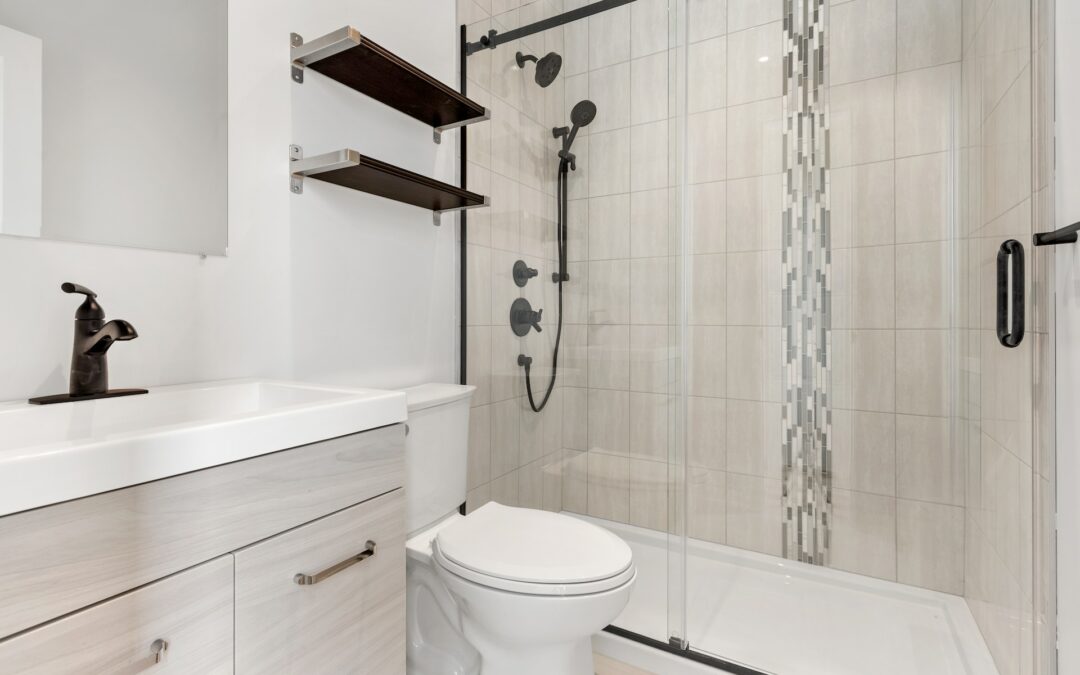As a local plumber with years of experience serving the north metro Atlanta community, we’ve seen it all when it comes to plumbing issues. One of the most common problems homeowners face is plumbing leaks. These sneaky nuisances can wreak havoc if left unchecked, causing damage to your property and draining your wallet.
In this post, let’s examine five of the most common places for plumbing leaks, including what signs you can look out for as a homeowner, and when it’s time to call in a professional plumber for assistance.
Faucets and Fixtures: Faucets, sinks, and other fixtures are notorious culprits for leaks. The constant use and wear can lead to worn-out seals, gaskets, and connections, causing leaks to develop over time. The telltale signs include persistent dripping or water pooling around the fixture’s base. As a homeowner, you can check for leaks by turning off all faucets and monitoring the fixtures for any signs of moisture. If you notice even a slight drip, it’s time to call a plumber.
Toilets: Toilets are another common source of leaks. A leaking toilet can go undetected for a while, causing water damage to your flooring and even leading to higher water bills. Keep an eye and ear out for unusual sounds like hissing or running water when the toilet is not in use. Additionally, look for water pooling around the base of the toilet or on the floor. An easy way to check for a hidden leak is by adding a few drops of food coloring to the toilet tank. If the color appears in the bowl without flushing, you likely have a leak.
Pipes: Leaky pipes can lead to significant damage if not addressed promptly. Pipes can leak due to corrosion, freezing, shifting foundations, or even damage from tree roots. Signs of pipe leaks include damp or discolored spots on walls, ceilings, or floors, as well as a noticeable decrease in water pressure. A professional plumber can assess the situation, identify the source of the leak, and recommend the appropriate solution.
Water Heater: Water heaters are essential but often overlooked components of our homes. Over time, the pressure and temperature fluctuations can cause leaks to develop. Check around the base of the water heater for any signs of moisture or rust. If you notice water pooling, a plumber can inspect the unit and determine whether a repair or a replacement is necessary.
Washing Machine Connections: Washing machine connections can be a weak point, too. Leaks can occur at the hoses, fittings, or even the drainage system. To inspect it on your own, check the hoses for any cracks or bulges, and ensure the fittings are tight. If you spy a sudden increase in water on the laundry room floor, it’s a pretty sure sign of a leak. If you’re uncertain about the connections, give us a call and we can help ensure a proper fix.
Knowing When to Call a Professional
While some DIY enthusiasts might be tempted to tackle leaks on their own, it’s crucial to recognize when professional help is needed. Attempting to fix plumbing leaks without proper knowledge and tools can lead to more extensive damage and costlier repairs down the line.
Plumbing leaks can be a common challenge for homeowners, but by keeping a close eye on the areas listed above, you can help prevent them from causing serious damage to your home. When in doubt, it’s always a smart move to consult a professional plumber who can help assess the situation accurately and provide effective solutions to keep your home dry and leak-free.



Recent Comments